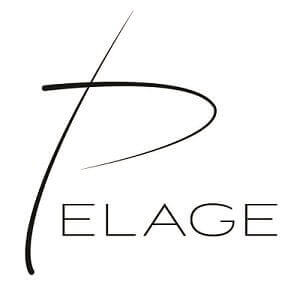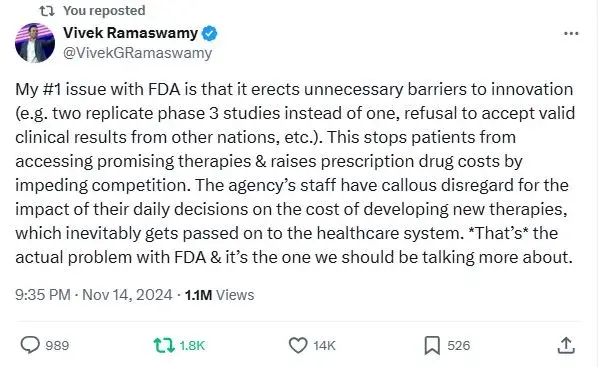I previously wrote about Pelage Pharmaceuticals in my 2019 post related to the research of its President and co-founder Dr. William Lowry. The other co-founders are Dr. Heather Christofk and Michael Jung. I also covered the findings of Dr. Lowry and Dr. Christofk’s UCLA team in a 2017 post.
These UCLA researchers discovered two topical compounds (RCGD423) and (UK5099) that regrew hair in mice via different mechanisms. Both drugs involve an increase in lactate production. This in turn activates hair follicle stem cells and leads to increased and quicker hair growth.
Dr. Lowry’s patent can be found here. Patent and technology rights to both topical drugs have been exclusively licensed to Pelage Pharmaceuticals by UCLA.
Pelage Pharmaceuticals Clinical Trial Update
Earlier today, reader “Ben” made an very interesting discovery on Pelage Pharmaceuticals’ website. The following sentence at the bottom:
“Early Phase I clinical data shows statistically significant stem cell activation in the hair follicles after one week of treatment with PP405.”
This is super news. So their trials have started. I wonder if PP405 is RCGD423 or UK5099? Their website homepage describes PP405 as:
“A novel, non-invasive, topical small molecule drug platform that activates stem cells in the hair follicles directly to stimulate robust hair growth. By targeting an intrinsic metabolic switch in hair follicles, Pelage’s platform is suitable for all genders, skin types, and hair types.”
In other recent news, Pelage appointed Dr. Qing Yu Christina Weng as Chief Medical Officer.
RCGD423
RCGD423 activates the JAK-STAT signaling pathway, which in turn leads to an increase in lactate production. This extra lactate activates hair follicle stem cells and results in quicker hair growth.
UK5099
UK5099, blocks pyruvate (a glucose metabolite) from entering cell mitochondria. This also results in an increase in lactate production in the hair follicle stem cells, and therefore accelerates hair growth.

